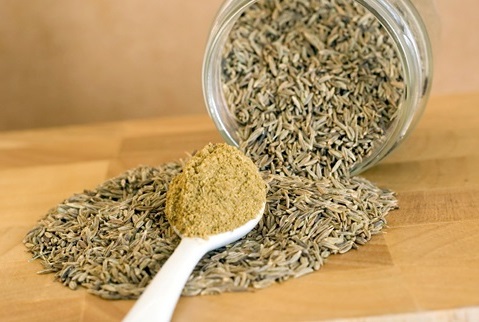Cumin, a spice commonly used in Indian and Middle Eastern cuisines, is not just a flavor enhancer but also a powerhouse of medicinal properties. It has been used for centuries in traditional medicine to treat various ailments. Let’s delve into the health benefits of cumin seeds.
A Natural Remedy for Many Ailments
Cumin seeds have been used for centuries to treat various ailments. Here are some of the health benefits associated with cumin:
- Digestive Aid: Cumin is known to stimulate the digestive system. It can help relieve indigestion, bloating, and gas.
- Anti-inflammatory Properties: Cumin contains compounds that have anti-inflammatory effects, making it beneficial for conditions like arthritis.
- Rich in Antioxidants: These antioxidants help protect your body from damage caused by free radicals, reducing the risk of chronic diseases.
- Improves Immunity: Cumin can boost your immune system, helping your body fight off infections.
- Aids in Weight Loss: Cumin can help boost metabolism and aid in weight loss.
- Regulates Blood Sugar: Studies suggest that cumin may help regulate blood sugar levels.
- Skin Health: Cumin can be beneficial for skin health due to its anti-inflammatory and antioxidant properties.
- Rich in Iron: Cumin is a good source of iron, essential for carrying oxygen in the blood.
Traditional Uses of Cumin
Traditional medicine has long recognized the benefits of cumin. Here are some traditional uses:
- For digestive issues: Cumin is often used to treat indigestion, bloating, and gas.
- For skin problems: Cumin is applied topically to treat skin conditions like eczema and psoriasis.
- For respiratory issues: Cumin tea is sometimes used to relieve coughs and congestion.
- For pain relief: Cumin oil is used in aromatherapy to relieve pain and inflammation.
How to Incorporate Cumin into Your Diet
You can easily incorporate cumin into your diet by:
- Cooking: Add cumin seeds to curries, soups, and stews.
- Baking: Use cumin powder in bread, cookies, and other baked goods.
- Tea: Make cumin tea by boiling cumin seeds in water.
- Spices: Use cumin powder as a seasoning for vegetables, meat, and poultry.
Note: While cumin offers numerous health benefits, it’s essential to consult with a healthcare provider before making significant changes to your diet, especially if you have any underlying health conditions.
In conclusion, cumin is a versatile spice with a wide range of health benefits. Its anti-inflammatory, antioxidant, and digestive properties make it a valuable addition to a healthy diet.
